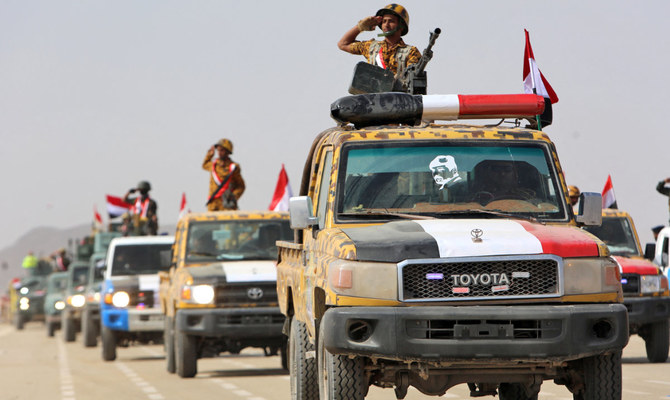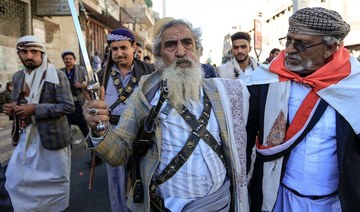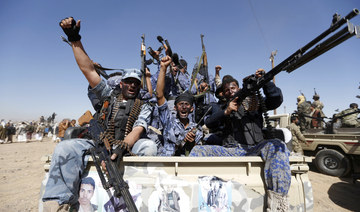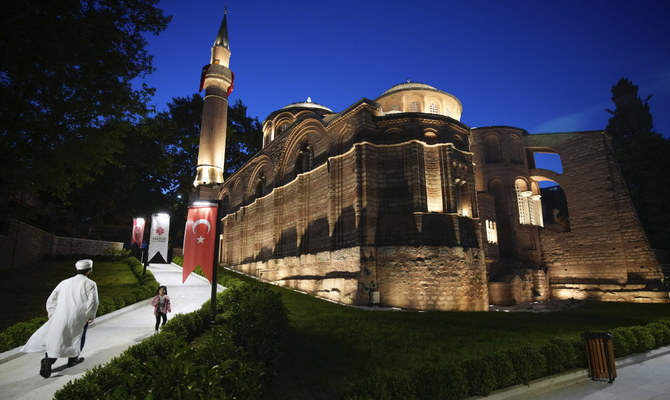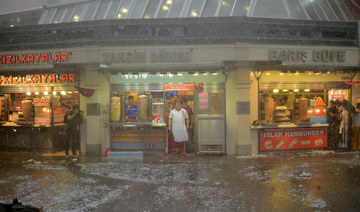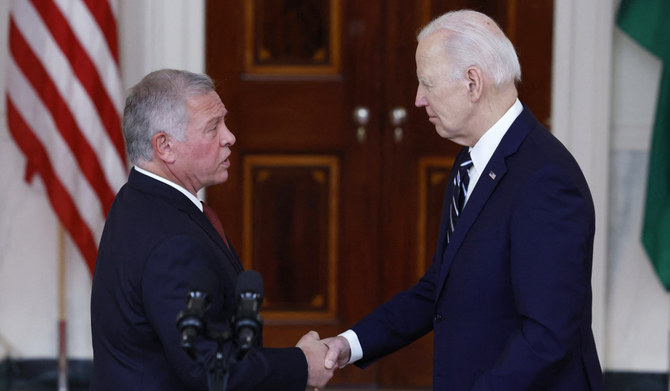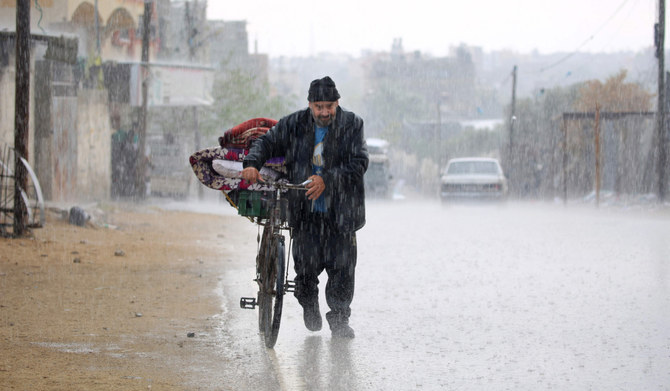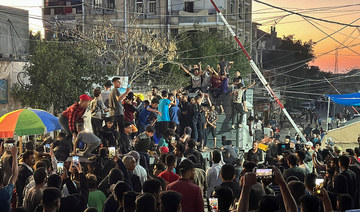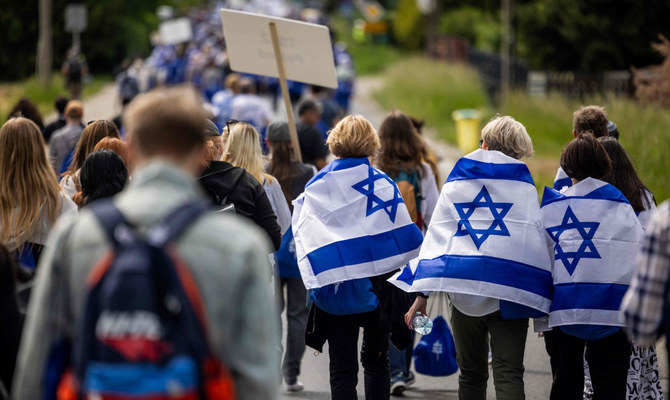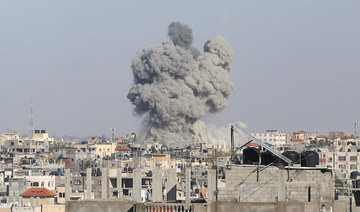AL-MUKALLA: More than 100 Yemeni human rights and civil society organizations have urged the international community to pressure the Houthi militia into freeing thousands of detained Yemenis, including several high-profile YouTubers.
The Yemeni organizations, including the Yemeni Network for Rights and Freedoms, Rasd Coalition and others, launched a petition urging the Houthis to release four social media influencers held captive for exposing the corruption of the militia’s leaders and condemning the movement’s repressive crackdown on dissidents.
“Civil society organizations in Yemen are closely monitoring the Houthi militia’s frantic and hysterical campaigns against journalists and social media influencers who have merely voiced their opposition to the machine of corruption and looting that has devoured everything, and left the populace suffering from the scourge of poverty and hunger,” the groups said in a joint statement.
They urged the UN and foreign mediators to act by ordering the Houthis to release critics and cease persecuting prominent dissidents.
Since late December, the Houthis have abducted and interrogated four prominent Yemeni social media influencers in Sanaa for criticizing the movement after it failed to pay public workers, ignored growing famine and neglected to provide basic services to Yemenis.
The Houthis first kidnapped Ahmed Hajar from a Sanaa street after he was featured in a widely circulated YouTube video. In the clip, Hajar strongly criticizes the militia for levying heavy taxation, failing to relieve poverty, ignoring deteriorating services and promoting endemic corruption.
The militia later abducted Mustafa Al-Mumari, Hamoud Al-Mesbahi and Ahmed Elaw. The three voiced support for Hajar and repeated the same charges against the militia.
The four YouTubers had long been seen as Houthi loyalists who used their social media clout to back the group’s military operations throughout the country, while also criticizing the Arab coalition and Yemen’s internationally recognized government.
Yemeni activists argue that the most recent round of crackdowns against critics, including previous loyalists, demonstrates that the militia will not tolerate criticism from its own supporters. It also shows that the Houthis are concerned about an escalation of public resentment that developed during the UN-brokered ceasefire, they added.
Zafaran Zaid, a Yemeni human rights activist and lawyer who was sentenced to death in absentia by a Houthi-run court, told Arab News that the abducted influencers obtained important documents that exposed Houthi officials looting public funds and pillaging state and private lands by force, as well as other forms of corruption. The documents also revealed growing rivalries between different wings of the militia.
“The activists went out to expose numerous truths and disprove the falsehoods and claims of the Houthi militia, who had monopolized essential utilities like water and gas, and commodities and services in the black markets,” Zaid said.
“As a result, the Houthis arrested the influencers and made up charges of them being mercenaries and supporters of the militia’s opponents.”
Similarly, the Mothers of Abductees Association, an umbrella organization representing thousands of women relatives of civilian war prisoners, accused the Houthis of torturing three Yemeni teachers from the province of Mahwet in order to coerce the trio into confessing to spying for the Yemeni government and Arab coalition.
The association said that Abdulaziz Ahmed Al-Aqeeli, 47, Sagheer Ahmed Fare’e, 45, and Esmail Mohammed Al-Melhani, 28, who were detained by the Houthis during separate periods in 2015, were so severely tortured by the Houthis that they were left unable to walk.
“We hold the Houthi armed group fully liable for the repercussions of unjustly accusing our kidnapped sons of crimes, coercing them to confess under duress and condemning them to death,” the association said in a statement.



